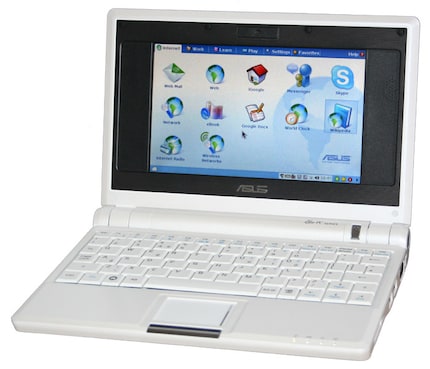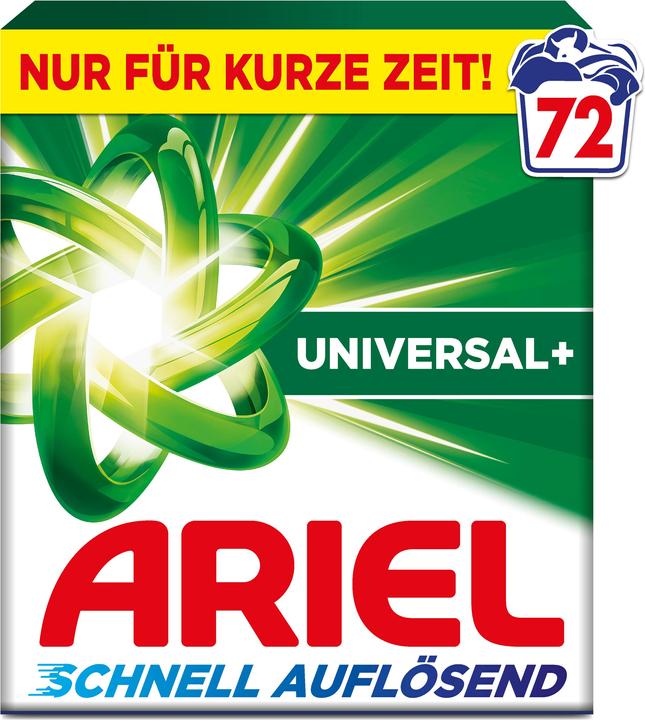
Guide
The right hardware for your work set-up
by Zeynep Bekar

We have over 1,000 notebook models in our range. From the "cheapest possible" to the top of the range. Here are the criteria I use to recommend notebooks to my friends and family.
In my extended family, I'm the person people consult before buying an electronic device. I'm usually asked something robust: "Can you recommend an affordable notebook?"
Or, even more specifically. "Is this device any good?"
But I don't know! The influx of devices constantly coming onto the market is incredible. For a perfect recommendation, I would have had to have every device in my hands; which is clearly impossible. Nevertheless, there are certain criteria that I base my recommendation on.
Every good advisor asks questions. For me, in the case of a notebook these would be:
If my interlocutor answers "as cheap as possible!" to the budget question, I punish him with an anecdote. Do you remember the Eee PC?
The Eee PC was a notebook - a particularly small and affordable notebook. This class was very successful for a long time. I bought one too - after all; they were cheap. To launch Windows, the device needed several minutes and its power was so non-existent that it couldn't even read the Windows jingle smoothly. I've rarely spent 400 francs more foolishly.
Here are some examples of notebooks I wouldn't recommend for work:
HP's Zbook costs over 1000 francs and has no SSD. The price is due to its graphics card: professional users need it for CAD or simulation. This device is not the right choice for normal users. The graphics card is overkill and the missing SSD hurts.
This brick weighing over 2.5 kilos replaces an entire PC. Lenovo's Thinkpad P51 is for those who know what they're doing. Instead, I'd recommend a compact desktop PC with monitor, mouse and keyboard to all home users, like the HP Elitedesk.
The Lenovo Yoga Book C930 is beautiful and very interesting - but the 4GB of RAM disqualifies it for work. It's more of a second luxury device.
Microsoft has hit a nerve with the Surface Pro and Surface Book. They're thin, good-looking and fast, and they don't have to hide with their equipment. Thanks to the touch interface and removable keyboard, they also qualify for use on the sofa.
Not exactly cheap. But small and powerful. When it comes to notebooks, Huawei doesn't have a very long history. With the Matebook, the Chinese have propelled themselves to third place in our bestseller rankings. Dell, on the other hand, has earned an excellent reputation among business users with its XPS series. Both devices deliver the best UHD displays for the money with 3840×2160 resolution.
These devices boast a price/performance ratio that's hard to beat:
The alternative, if you need a device that lasts a long time: the HP Spectre swaps some specs for more battery life. It has less SSD capacity than the other models above, but its battery is, at 60 watt-hours, much bigger than the Acer (36 Wh) and Asus (39 Wh). The Spectre lasts almost 16 hours in desktop mode.
Are you also the "Computer Pro" to your loved ones? What are your basic criteria for solid work equipment?
I'm the master tamer at the flea circus that is the editorial team, a nine-to-five writer and 24/7 dad. Technology, computers and hi-fi make me tick. On top of that, I’m a rain-or-shine cyclist and generally in a good mood.
Practical solutions for everyday problems with technology, household hacks and much more.
Show all
Conclusion: the budget question should always be asked in reverse. You dictate the terms. What functionality or performance do you need now? Do you want reserves for the future? That's what sets the base price. If the budget hasn't run out yet, you can treat yourself to a bit of luxury: design, weight, screen, battery life, better processor, more memory, etc.
.
In order to avoid a totally wrong purchase, I've set up the No Bullshit rules for buying a notebook. Here's the order of priorities:

Ariel Universal+
72 Washing cycles, Washing powder